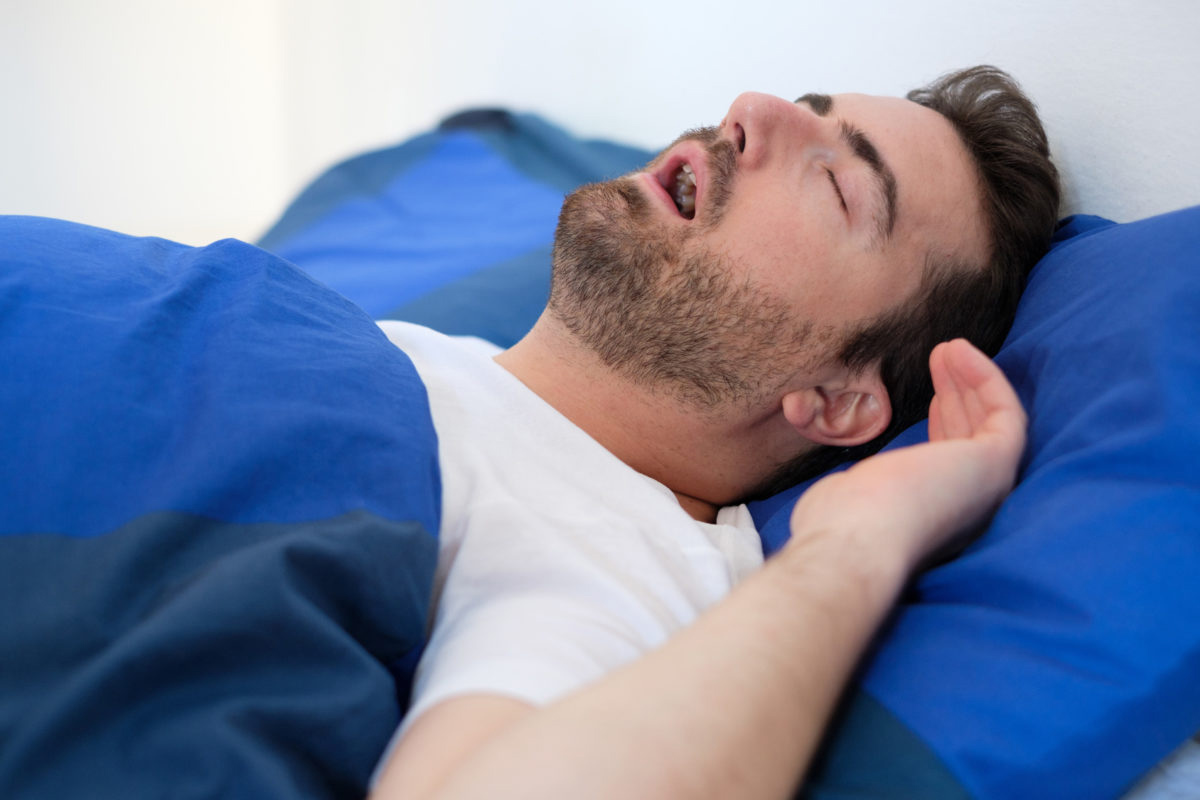Sleep Apnea is an increasingly common health condition that affects the different systems in our body, which includes the oral cavity. It is often diagnosed by a dentist because of how it affects dental health.
Sleep apnea can stop breathing or can cause shallow breaths while you’re sleeping. People with this medical condition commonly have symptoms that include dry mouth, jaw pain, flattened and/or weak teeth. While sleep apnea is mainly attributed to a poor airway that causes difficulty with mouth breathing, it dramatically affects oral health in various ways.
In addition, the saliva in your mouth, the acidity level, and bacteria activity are all affected by mouth breathing. When you breathe through your mouth, your saliva decreases, which causes xerostomia. Dry mouth leads to increased acidity level, which eventually causes bacteria to accumulate in your mouth and causes tooth decay and gum problems.
Most people who have sleep apnea tend to also grind their teeth. Teeth grinding or bruxism can destroy tooth enamel, which weakens the tooth and causes tooth decay. Bruxism, on the other hand, can lead to TMJ problems. Therefore, treating sleep apnea as early as possible is essential to prevent any serious dental and health problems.
There are a number of ways to treat sleep apnea. One of the standard treatment for this problem is by wearing a device while sleeping. Mouth devices can help adjust your jaw and stabilize your mouth to keep the airway open while asleep.
If you think you have sleep apnea, contact our dentist Vaughan. Make your appointment as soon as possible and let us help you with your concerns.

